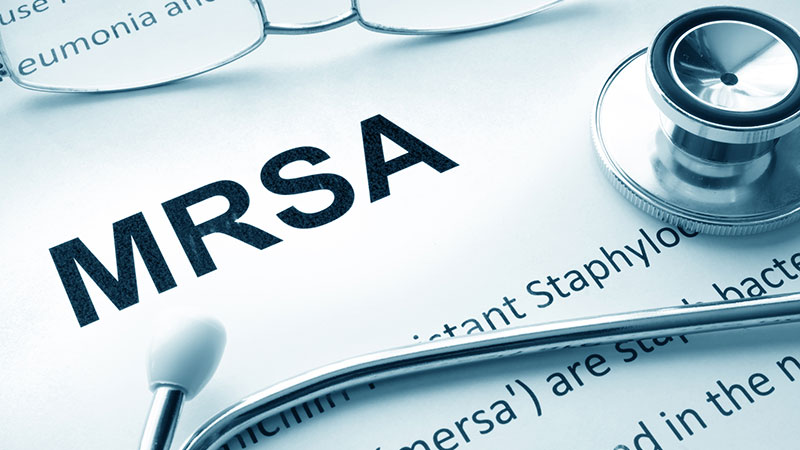Drug-resistant infections remain a growing threat, with the United Kingdoms Health Security Agency (UKHSA) warning that strains such as Meticillin-Resistant Staphylococcus Aureus (MRSA) pose major challenges for treatment, making prevention and close monitoring essential.
Sharp increase in community cases
Latest figures show a 47% rise in people contracting MRSA outside hospitals compared with pre-pandemic levels. Between January and March this year, 175 community cases were recorded, up from 119 in the same period in 2019.
Health officials also highlighted that younger people are increasingly affected. Nearly a quarter of community-onset MRSA infections in 2023-24 occurred in people under 45, compared with only one in ten cases in 2007-08.
According to Independent report, the UKHSA said it was still “too early” to determine whether the trend reflects a long-term shift, but confirmed infection rates are being closely tracked.
What is MRSA?
MRSA is a strain of bacteria that normally lives harmlessly on the skin due to strong resistance caused by type of staph. It becomes dangerous if it enters the body through broken skin, wounds or medical procedures, where it can cause a range of illnesses.
These can include infected eczema, abscesses, pneumonia, joint infections and bloodstream infections. Unlike most strains of Staphylococcus aureus, MRSA does not respond to common antibiotics such as meticillin and often requires stronger alternatives.
Read Also: Younger adults driving rise in MRSA cases
Symptoms to watch for
According to the NHS, many people carry MRSA without realising it. Infections typically become noticeable when skin symptoms develop. Warning signs include:
• Painful, swollen areas of skin
• Warmth in the affected patch
• Pus or fluid leaking from the site
• Redness or inflammation (which may be less obvious on darker skin tones)
If MRSA spreads deeper, it can trigger more serious symptoms such as fever, chills, confusion, dizziness or breathing difficulties.
MRSA treatment options
Mild cases may be treated with antibiotic tablets, but more serious infections often require hospital care. Patients may be given intravenous antibiotics over days or even months, depending on severity. In some cases, surgery is needed to drain pus or abscesses.
How to prevent spread
Hospitals and care homes remain higher-risk environments, but cases outside these settings underline the need for everyday precautions. The NHS recommends:
• Regular handwashing
• Keeping cuts clean and covered
• Avoiding the sharing of personal items such as towels or razors
Before surgery, patients are often screened for MRSA. If detected, a short course of antibacterial cream, shampoo and body wash is prescribed to remove the bacteria before the procedure.
Who faces the greatest risk?
Although anyone can pick up MRSA, certain groups are more susceptible. Patients spending long periods in hospital, those with surgical wounds, burns or drips inserted into veins, and people with weakened immune systems — such as individuals living with HIV or undergoing chemotherapy — face the highest risk of infection.



